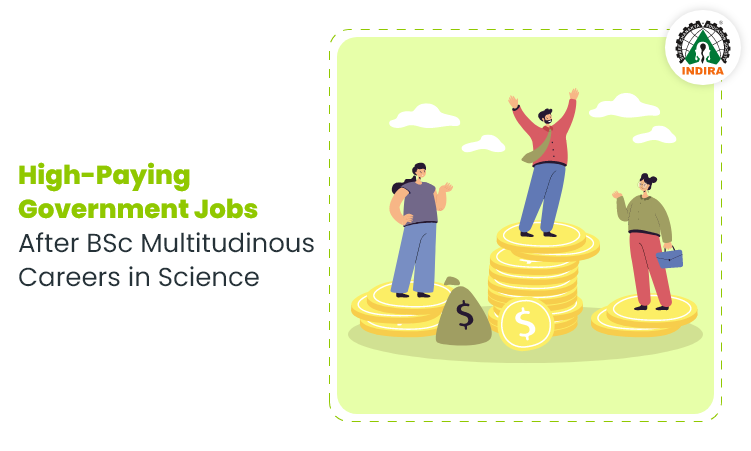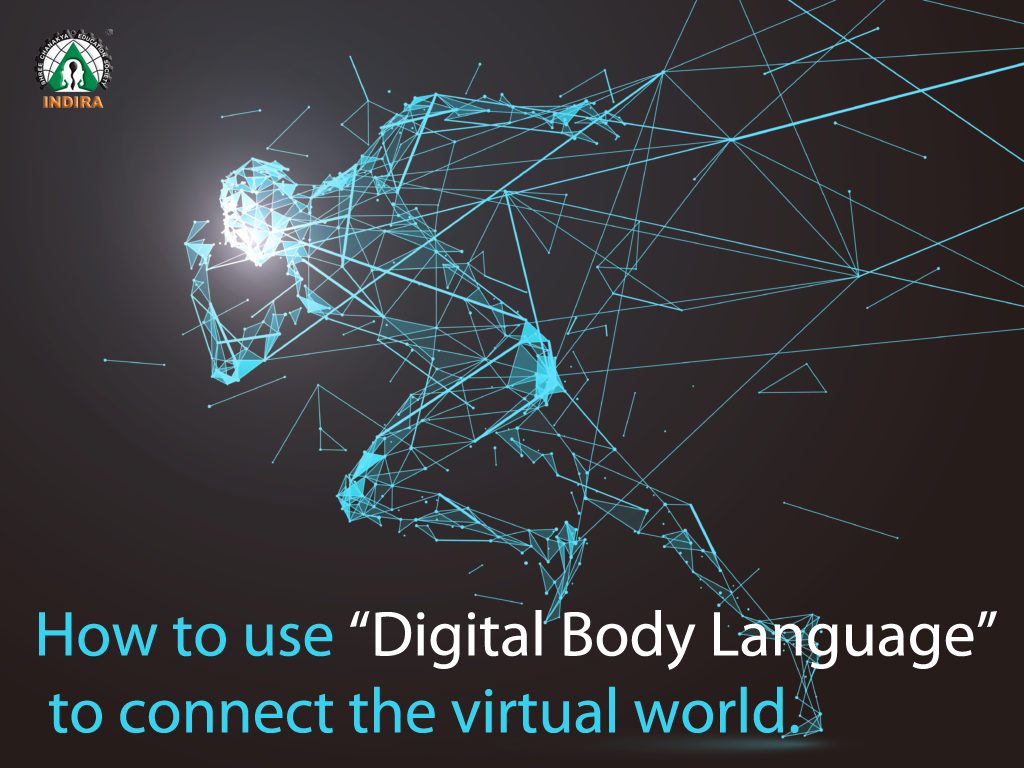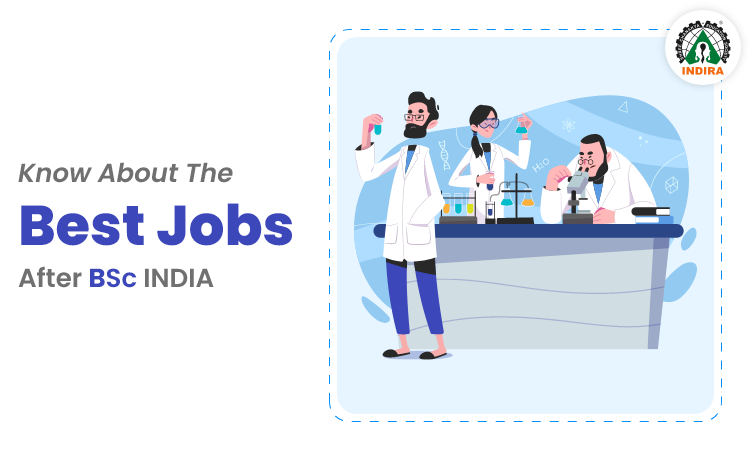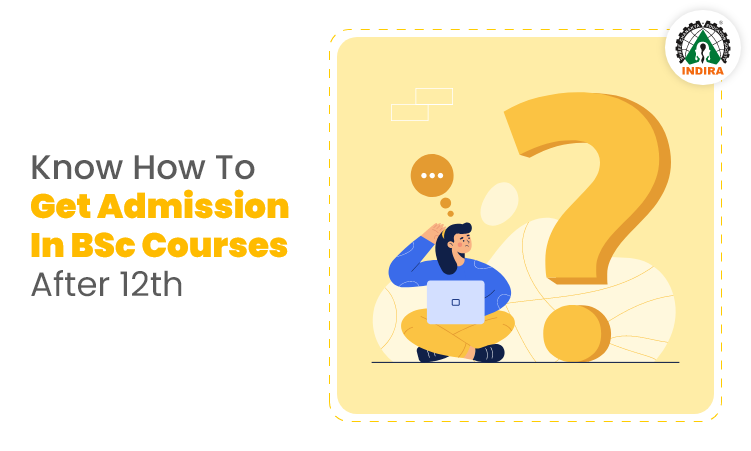Be A Step Forward, Know Your BSc 1st-Year Subjects!
Published on April 04, 2023 | Leave a response
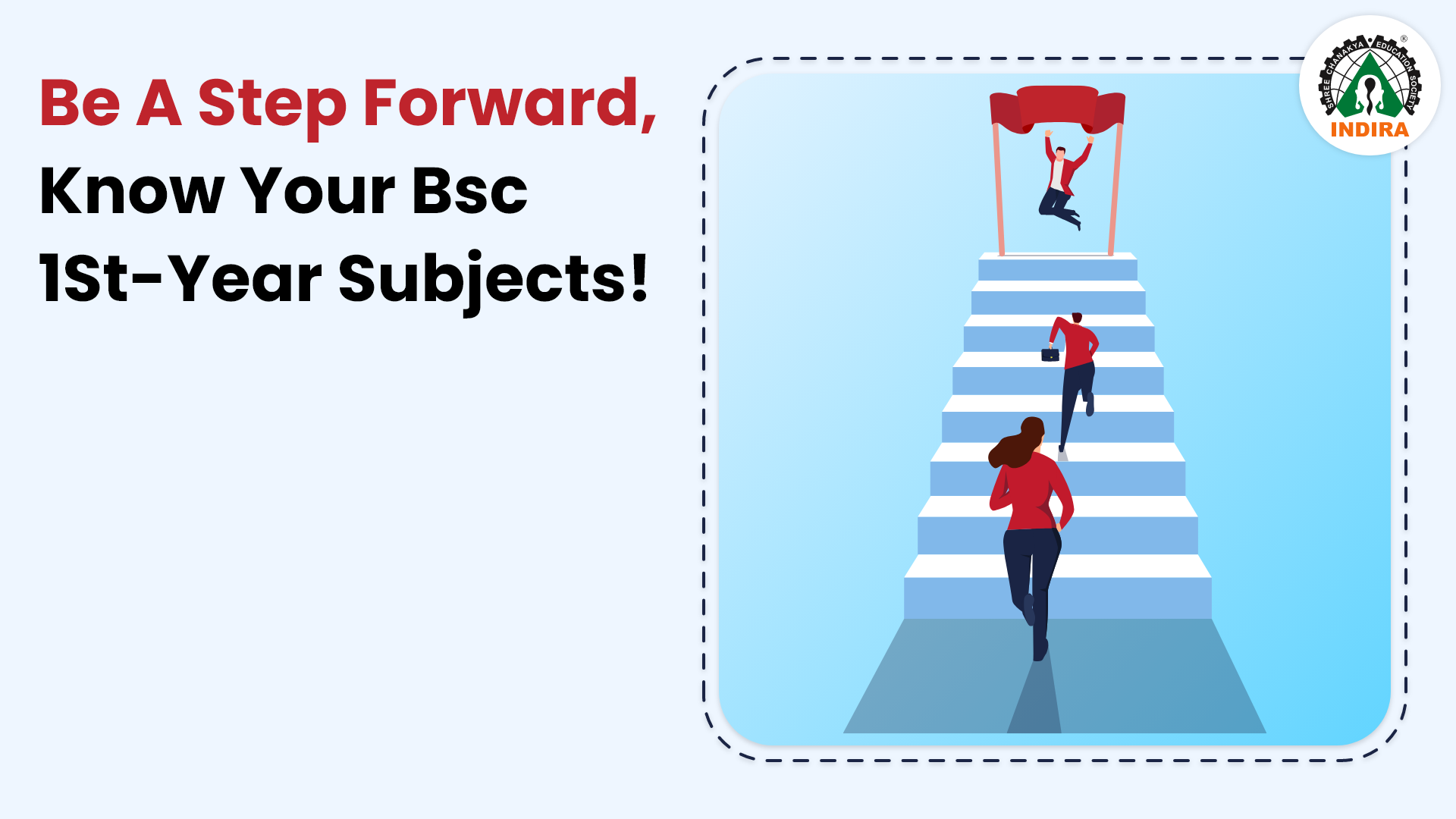
What is a Bachelor of Science degree?
The Bachelor of Science, or BSc, degree is the one that students who completed their 12th grade in the science stream go for because it is thought to be the most well-liked undergraduate course. Even many parents would prefer that their children get this degree because it offers up so many career options, particularly technological careers with excellent salaries and room for advancement.
Nearly all of the universities in the nation offer the B.Sc. degree. You must have selected PCM (Physics, Chemistry, and Mathematics) or PCB as your 12th-grade studies (Physics, Chemistry, and Biology). Your job path will be influenced by these topics. Whereas PCB students pursue jobs in the natural sciences, PCM students pursue technical careers.
B.Sc. Course Duration
Like every other undergraduate program in India, B.Sc. takes three years to complete. But, if you are pursuing a B.Sc., L.L.B., or M.B.B.S. degree, it will take you 5 years to complete the program, without counting the required internships for such a professional degree program.
The Prerequisites for a Bachelor of Science
Due to the importance of the admission exam for traditional Bachelor of Science programs, the selection criteria for online and traditional Bachelor of Science programs are different. The majority of institutions that provide distance learning do, however, also offer direct admission to their Bachelor of Science programs.
The following requirements must be satisfied in order to submit an application for the Bachelor of Science in Distance Learning, even though the basic requirements for admission to both on-campus and online Bachelor of Science programs are the same:
The candidate must possess a recognized 10+2 degree in science from a recognized board. The candidate's grade point average must be at least 45% at the intermediate level.
BSc First Year subjects
BSc 1st year subjects and syllabus are such that they lay a strong foundation and introduce the students to the fundamentals of their chosen field.
BSc Physics First Year subjects
| Mechanics and Properties of Matter | Semiconductor Devices |
| Waves and Optics I | Computer Programming |
| Organic Chemistry | Thermodynamics |
| Physical Chemistry | Classical Mechanics and Relativity |
| Physics Lab Practicals | Chemistry Lab Practicals |
BSc Chemistry First Year subjects
| Organic Chemistry | Inorganic Chemistry |
| Physical Chemistry | Computer Applications of Chemistry |
| Practical and Project | Modelling and Drug Design |
BSc Botany First Year subjects
| Introduction to Biology | Mycology and Phytopathology |
| Archegoniate | Algae and Microbiology |
| Biochemistry | Chemistry I and II |
BSc Zoology First Year subjects
| Ecology | Microbiology |
| Cell and Molecular Biology | Wildlife Forensics |
| Biochemistry and Cellular Basis of Life | Evolution and Genetics |
| Microbial Diversity | Biosphere |
BSc Mathematics First Year subjects
| Elementary Algebra and Trigonometry | Differential and Integral Calculus |
| Analytical Geometry and Vector Analysis | Group Theory |
| Real Analysis | Differential Equations |
BSc Computer Science First Year subject
| Introduction to Digital Electronics | Basics of Computer Science |
| Introduction to Windows | Foundational Mathematics |
| Principles of Computer Organisation | Database Management Systems |
| Introduction to Programming | Fundamentals of Open Source Software |
Important Elements of the Bachelor of Science Degree
It is recommended for students considering a Bachelor of Science to be well-versed in mathematics. Students can gain a thorough understanding of science and technology through the B.Sc. degree.
Students who completed their secondary education with a minimum percentile in the science stream are admitted to the Bachelor of Science program.
Many specializations, such as information technology (IT), computer science, nursing, fashion design, agriculture, and others, are available for the bachelor of science degree.
Both regular classroom study and autonomous remote learning are options for earning a bachelor's degree in science.
Upcoming Opportunities for B.Sc. in India
For B.Sc. grads, the future is very promising. B.Sc. graduates are in high demand by numerous businesses. As a result, your decision to pursue a career in B.Sc. is a wise one. There are numerous careers you can select from in a variety of sectors.
Another benefit of a B.Sc. is that students can now choose from a variety of specializations that allow them to follow a particular job or field without sacrificing their passion for science. This has made it possible for numerous professional pathways to emerge that are both financially rewarding and creatively fulfilling for students.
The majority of B.Sc. graduates also have an interest in continuing their education to pursue careers in science. You can pursue a master's degree or even a PhD with a B.Sc. Similar to science, the more you study, the more focused your education path gets, allowing you to specialise on a particular area of expertise. Most B.Sc. students would rather continue their education than pursue a profession, not because they lack career prospects, but rather because they would rather spend more time in school and pursue a niche field that will pay well, lead to success, and provide them a fulfilling job.
Those who study B.Sc. actually have a better possibility of influencing change and advancing society, despite the fact that this may seem improbable. Most people who conduct research and make new discoveries, those who study medicine to improve quality of life, and those who create new goods have backgrounds in science or have studied a subject closely linked to it. Thus, pursue a B.Sc. degree if you want to make a difference in the world.
Popular Blogs
How to use “Digital Body Language” to connect the virtual world.
February 5, 2022
Know About The Best Jobs After BSc In INDIA
July 25, 2022
Corona Crisis driving Retail to be Agile
January 27, 2022
Know How To Get Admission In BSc Courses After 12th
July 25, 2022
